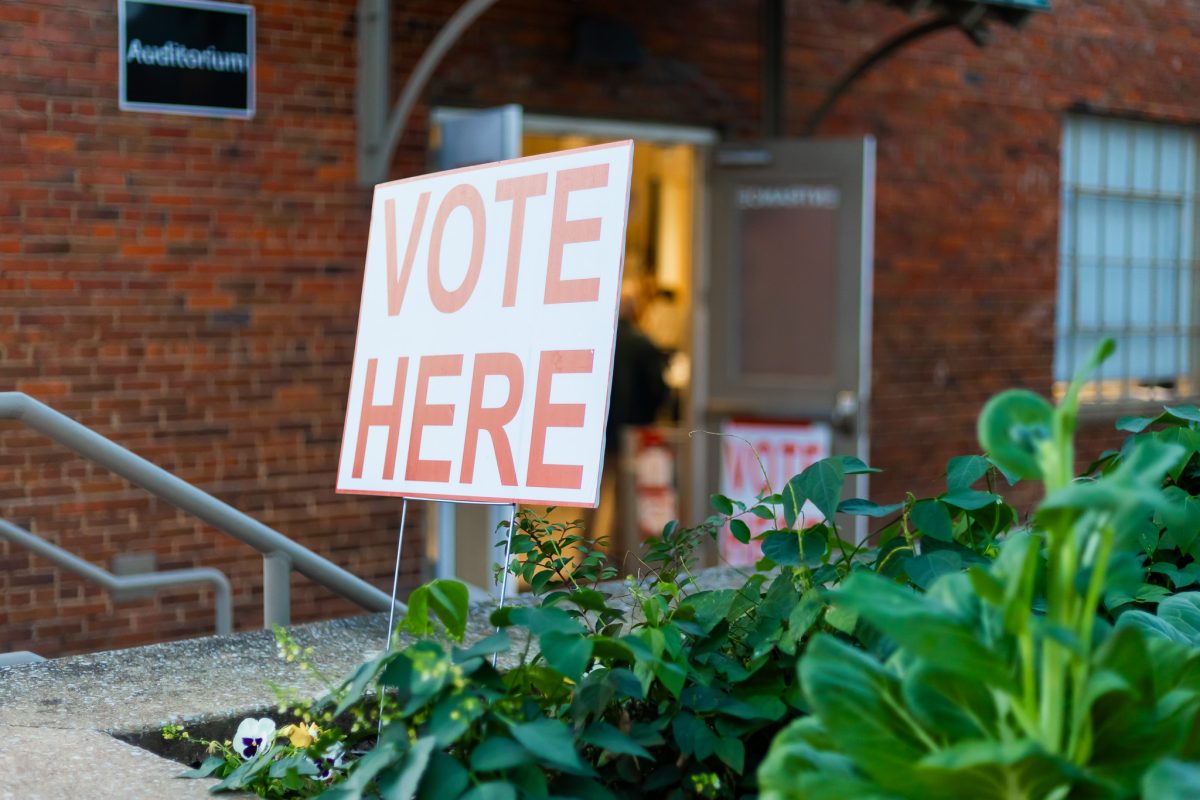At the University, we purpose to present ourselves as a strong inclusive learning community. With a student population of more than 30,000, many academic research opportunities, over 300 student organizations and numerous off-campus activities, we as a whole do a relatively good job of making sure students feel included at the University.
However, for one section of our campus community, there are students who often struggle to find their niche and at times feel excluded from the extended UA family.
The group I’m speaking of is our international community. According to the UA website, students from more than 90 foreign countries compose nearly five percent of our student population. These students are members of departments all across campus; some are here to complete their undergraduate or graduate degree, while others are here for study abroad trips.
Regardless of their length of stay, most of our international students share a common goal of wanting to learn about American culture.
Jiajing “Jessiey” Chang, a graduate student in marketing from Beijing, China, stated that she wanted to study in Alabama to broaden her horizons while learning about American culture and improving her English.
In many ways, I identify with Jessiey. During times I’ve traveled overseas, I too have wanted to learn more about a foreign culture. I am interested in what people value, how they spend their time and what they think about the United States.
While traveling abroad I tried to learn the some of the national language, explored towns, celebrated events like the World Cup, visited bars, coffee shops and local restaurants (while avoiding tourist traps), and observed the way people interact.
For example, it is hard to appreciate the cultural significance of the World Cup until you see Italians celebrating a victory on the beaches of Lido-Di-Spina, or Germans waving their national flag in the streets in historic Rothenburg. Traveling in Europe during the World Cup gave me an international perspective on elements of national pride.
During other overseas trips I have had the opportunity to eat home cooked meals prepared by Kazakhs, play soccer with children in Ecuador and barter in a Turkish bazaar.
Each overseas experience was unique not just because I engaged in a foreign culture but because local people purposed to interact with me.
This principle applies to us as a host country. Without purposing to interact with international students, they will never receive the opportunity to truly experience American and Southern culture.
After walking around campus and observing different student interactions, I noticed that our international students are often excluded from the campus community at large and in many ways are a tight knit community all to their own. It doesn’t take long to observe different groups of international students standing near B.B. Comer or sitting in a secluded area of the Ferguson Center.
To investigate this problem, I spoke with Meredith Wildes, a junior majoring in international relations and living at the Rotary International House. Meredith lives with Jessiey and 11 other students whose homelands include Thailand, China, India and Germany as well as the United States.
Meredith not only shared my observations but also expressed the concern that we often fail to interact with our international students.
“It is easy to go about our day and not step outside of our comfort zone, but sometimes all it takes is a simple hello to start a conversation and build a lasting friendship” Meredith said.
In reference to two of her housemates, Jessiey and Lily, Meredith said that, “Despite some language and cultural differences, we are ultimately all girls in college and there are so many ways that we can identify with one another.”
The friendships that they have developed are what both Meredith and her international housemates will remember for many years to come. It began with a mutual agreement to step outside of their comfort zones. Jessiey indicated that although she has enjoyed herself so far, “The most meaningful part of my stay is that I have met some really precious friends here.”
Both Jessiey and Meredith encourage students to take part in programs that pair students with an international “buddy,” help out with the English Language Institute, and attend Friday International Coffee Hour at B.B. Comer.
Any of these opportunities would be a great way to meet a new friend while helping build a stronger campus community. Just say “Hello.”
David Simpson is a junior majoring in economics and political science.








